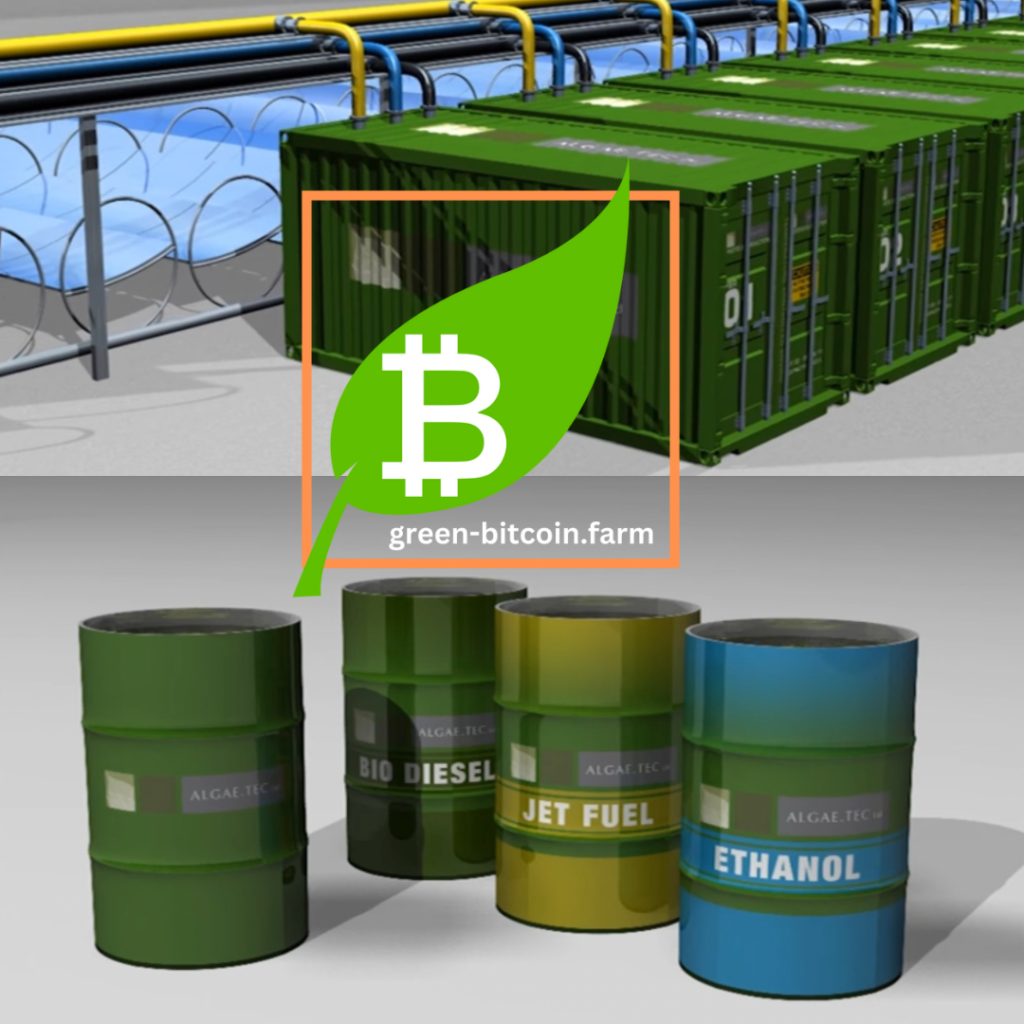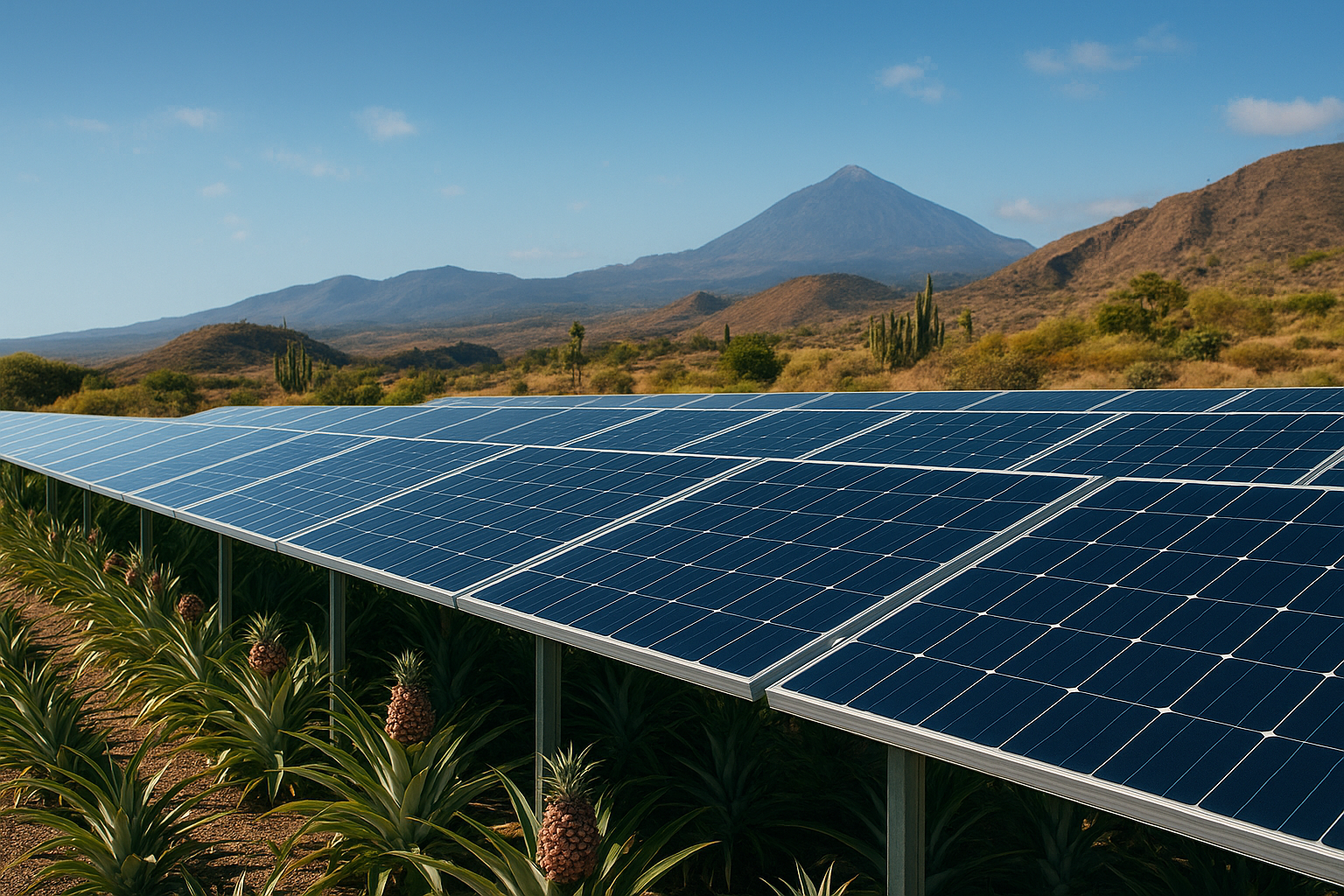Algae have attracted increasing interest in recent years as a potential source for the production of biodiesel. These versatile organisms can thrive in a variety of environments and offer numerous environmental benefits compared to conventional vegetable oils. In addition, their potential as a sustainable energy source is enormous. In this article, we will explore the process of producing biodiesel from algae, while shedding light on how algae serve as a feedstock for the creation of petroleum.
Algae as a precursor to crude oil
Crude oil, the primary source material for the production of petrol, diesel and other fuels, has an astonishing origin: algae. Millions of years ago, algae deposits formed on the bottom of oceans and lakes. Over time, these deposits were covered by sediments and transformed into petroleum through geological processes such as pressure and heat. This transformation is a lengthy process that contributes to the formation of fossil fuels.
Production of biodiesel from algae

In contrast to crude oil, biodiesel can be produced from algae in a comparatively short time and therefore offers a much faster and more sustainable alternative. The process of producing biodiesel from algae generally involves the following steps:
1. algae cultivation
Algae are cultivated in special facilities such as bioreactors or open ponds. These systems provide optimal conditions for algae growth, including light, nutrients and CO2.
2nd harvest
As soon as the algae have reached a sufficient biomass, they are harvested. This can be done by filtration, centrifugation or other methods.
3. oil extraction
The algae are then treated to extract the oil from them. This can be done by pressing, solvent extraction or other methods.
4. transesterification
The extracted algae oil is mixed with an alcohol, such as methanol, and a catalyst to produce biodiesel and glycerine. This process is called transesterification and results in the algae oils being converted into a form that can be used as biodiesel.
5. refining
The biodiesel produced is refined to remove impurities and improve its quality. This can be done using various processes such as distillation or filtration.
Advantages of algae biodiesel
The use of algae for the production of biodiesel offers a number of advantages:
High production rates
Algae can grow very quickly and produce large quantities of biomass, which enables efficient biodiesel production.
Low land requirement
In contrast to conventional vegetable oils, algae do not require arable farming and can therefore be cultivated on non-agricultural land.
Environmental friendliness
Algae can absorb CO2 from the atmosphere and thus contribute to reducing greenhouse gas emissions.
Versatility
Algae can grow in a variety of environments, including seawater, wastewater and salt water, which greatly expands their cultivation and application possibilities.
Overall, algae offer a promising alternative for the production of biodiesel, while helping to reduce our dependence on fossil fuels and reduce our environmental impact. By utilizing this sustainable resource, we can take an important step towards a cleaner and more sustainable energy future.


